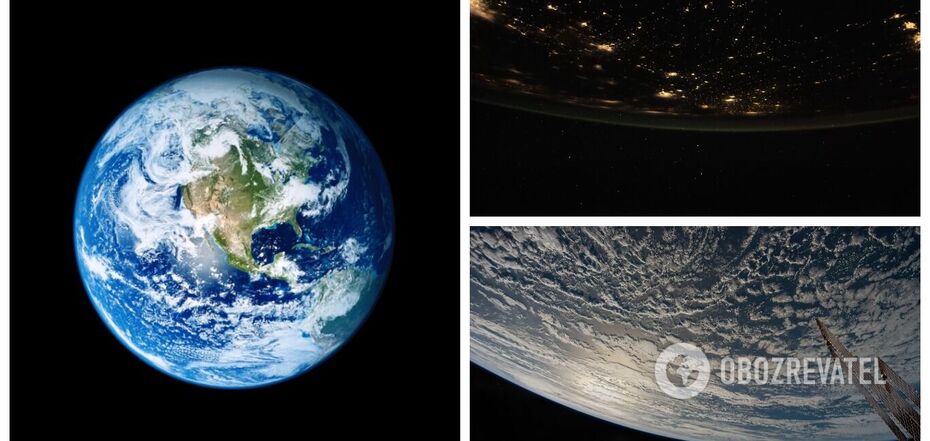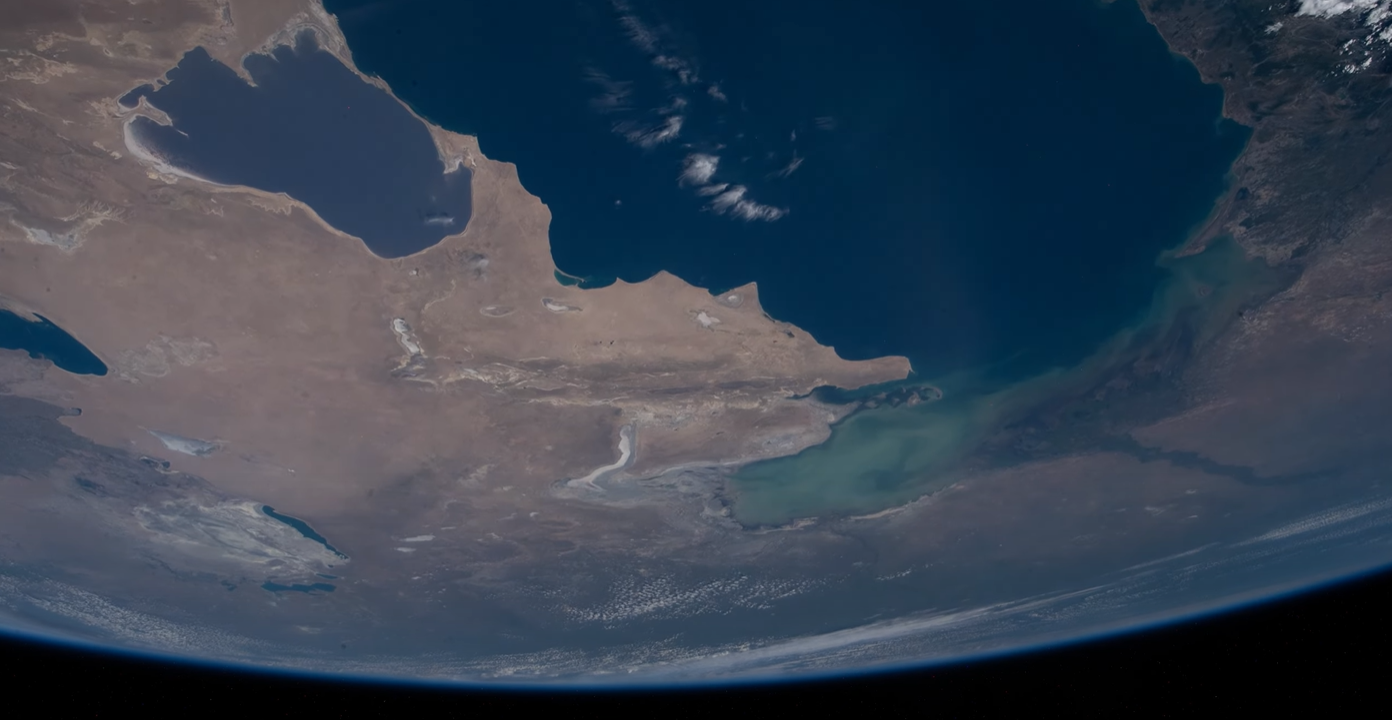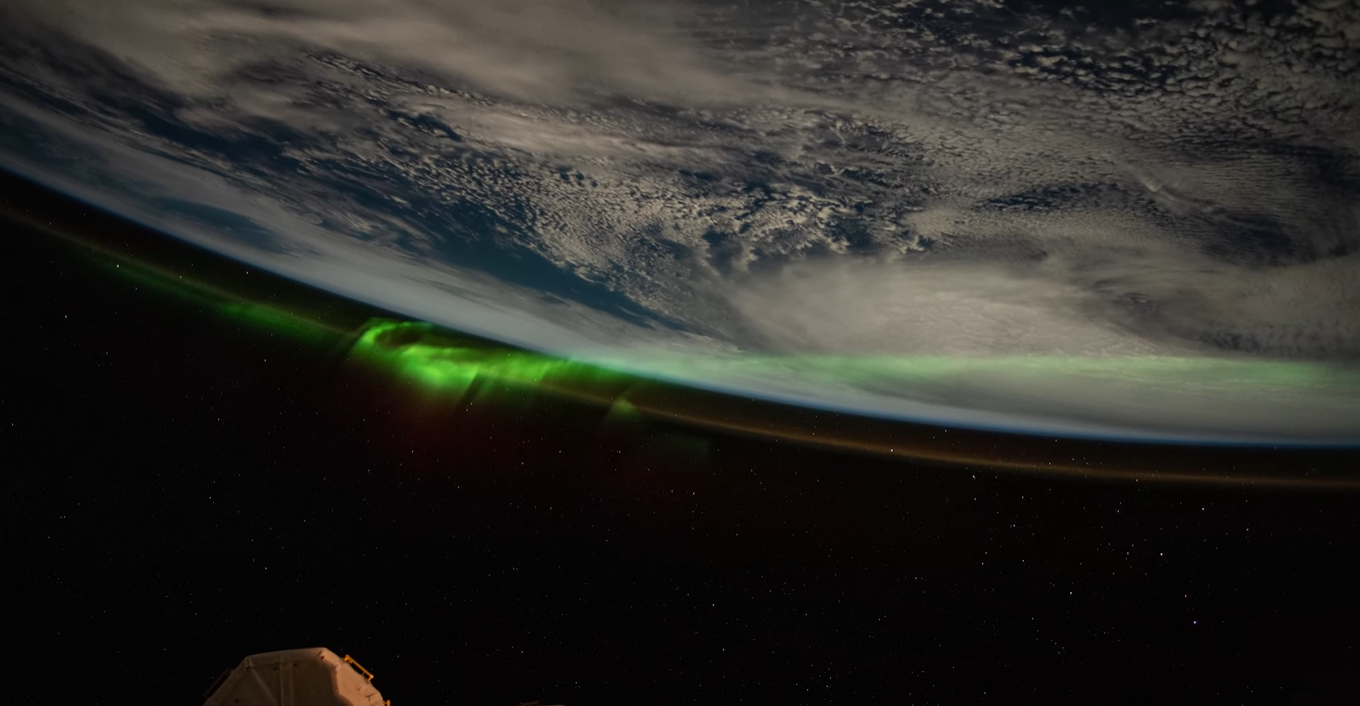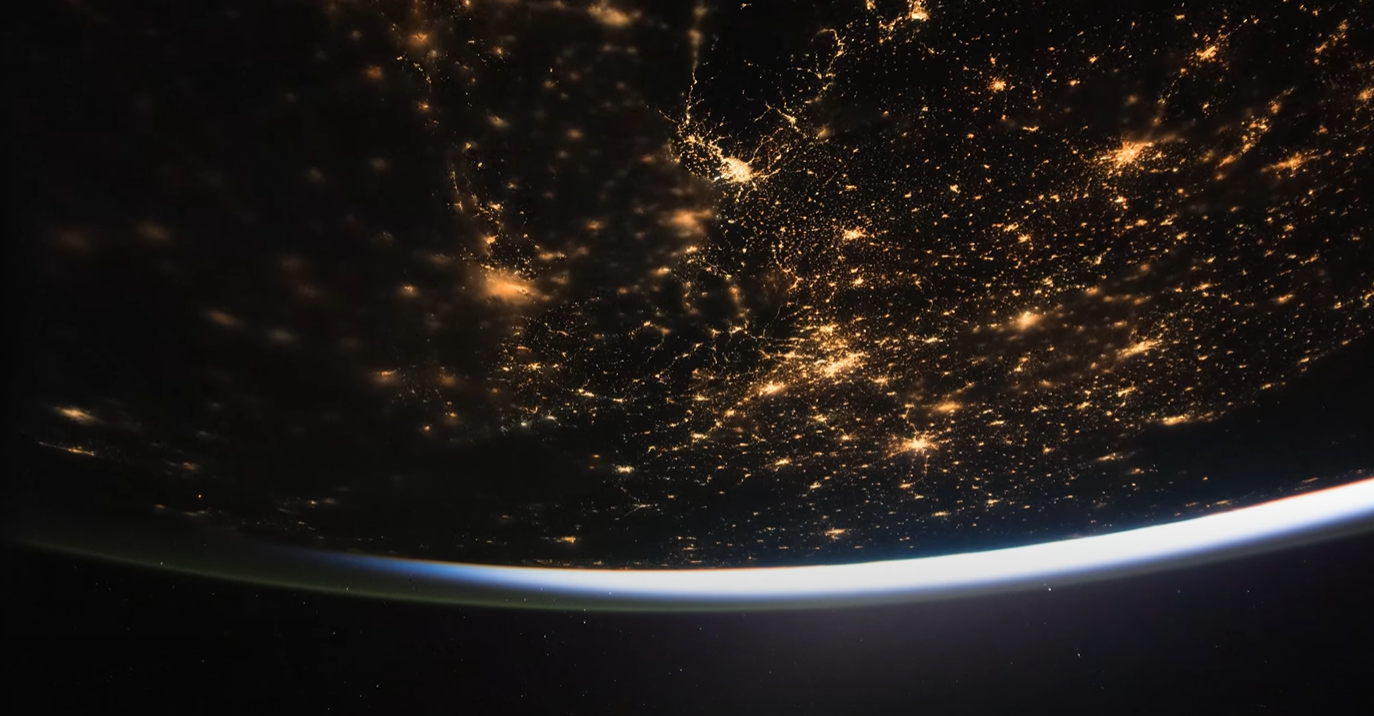Life
NASA showed a video of fantastic beauty from the year-long ISS expedition around the Earth
The US National Aeronautics and Space Administration (NASA) has published fascinating footage of the Earth taken during the International Space Station's year-long expedition. The almost hour-long ultra-high-resolution video captures various phenomena and the night view of our planet.
The footage was shot between March 2022 and March 2023 during the 67th and 68th expeditions to the International Space Station. This was reported by NASA (to watch the video, scroll to the bottom of the page).
The Aeronautics and Space Administration noted that these images allow anyone to imagine themselves as a member of the ISS crew, "watching the whole world literally pass by for an hour".
It is worth noting that the seemingly banal observation of our planet has no scientific benefit. However, this process even has its own name - the viewing effect. The American writer Frank White, who explored this topic in his book "The Overview Effect - Space Exploration and Human Evolution", described the Earth observation as a cognitive shift in consciousness that some astronauts report when observing the planet from space. This effect can also evoke a sense of transcendence and connection to humanity as a whole, which makes national boundaries seem insignificant.
The space object M82 X-2, which belongs to what scientists call ultraluminous X-ray sources (ULX), shines about 10 million times brighter than the Sun. The scientists who observe it are puzzled because, according to all the laws of physics, such an object should explode, but it does not.
It should be noted that a supernova explosion can completely destroy life on a planet similar to Earth if it is located at a distance of 160 light years. The cause of the catastrophic consequences is X-rays that can attack the planet for decades after the explosion.
Earlier, OBOZREVATEL also reported that NASA managed to photograph the aftermath of a supernova explosion in the constellation Cassiopeia.
Subscribe to OBOZREVATEL's Telegram and Viber channels to keep up with the latest news.






























